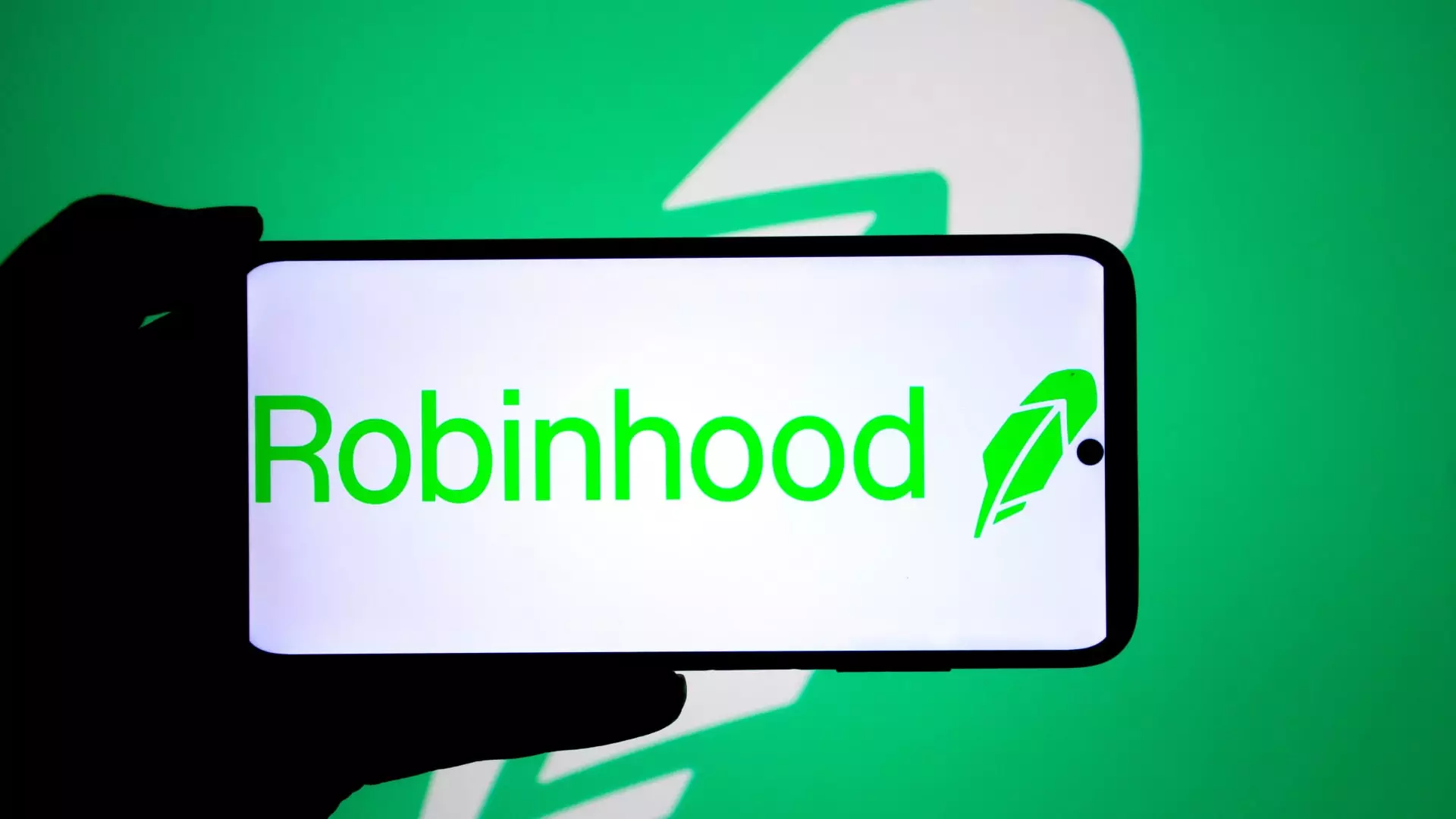In recent years, the financial landscape has been dramatically reshaped by innovative blockchain solutions, enticing investors with the allure of liquidity, transparency, and accessibility. Among these innovations, tokenized equities stand out as a tantalizing prospect—an attempt to rethink ownership and investment paradigms. Yet beneath the glitz lies a murky reality that warrants sharp scrutiny. The push to convert traditional shares into blockchain-based tokens, as exemplified by Robinhood’s recent endeavors, raises fundamental questions about market integrity, investor protection, and regulatory oversight. When a major regulatory authority like the Bank of Lithuania publicly demands clarifications, it signals profound concerns regarding whether these instruments adhere to the principles of fairness, transparency, and legality.
Throughout history, financial innovation has occasionally outpaced regulation, creating opportunities for exploitation and confusion. Tokenized equities threaten to repeat this pattern, especially when transparency is sacrificed in pursuit of novelty. Do these digital tokens truly represent ownership rights, or are they merely speculative instruments cloaked as investment assets? The distinction matters less to the eager retail investor and more to the stability of the financial ecosystem. When central regulators eye such products skeptically, it suggests that their design may be inherently flawed or intentionally obfuscating. This skepticism is justified because these tokens often lack clarity regarding their legal status and investor protections.
Regulatory Hesitations: A Wake-Up Call for the Market
The recent move by the Bank of Lithuania to contact Robinhood underscores the growing apprehension among regulators. Their primary concern is ensuring that these tokenized products do not deceive consumers or skirt existing laws. The emphasis on clear, fair, and non-misleading communication is not mere bureaucratic red tape; it is the backbone of a trustworthy financial market. When products are marketed as revolutionary or innovative, they must meet the highest standards of transparency and compliance. Otherwise, they risk becoming vehicles for fraud, manipulation, or unforeseen systemic risks.
Adding to the complexity, Robinhood’s situation involves tokens linked to high-profile entities such as OpenAI and SpaceX, which are not publicly traded in traditional markets. This introduces additional layers of opacity—what legal rights do investors acquire? Is there sufficient disclosure about the company’s financial health or the nature of these tokens? When companies like OpenAI publicly disavow involvement, it indicates a troubling gap between the marketing of these tokens and the reality of their backing or legitimacy. The disconnect raises alarm bells about whether such products are genuinely serving investors’ interests or merely capitalizing on market hype.
The Slippery Slope of Unregulated Innovation
This scenario exposes a broader vulnerability: the tendency of tech-driven financial products to evade regulatory scrutiny under the guise of innovation. While innovation in finance is essential, it must be accompanied by responsible oversight. Without it, markets risk degenerating into chaotic environments where misinformation, misrepresentation, and exploitation flourish.
Robinhood’s tokenized equities—for all their supposed advantages—walk a fine line between democratization and deception. The promise to democratize access to prestigious companies seems appealing but becomes hollow if investors are left in the dark about what they actually own. Tokens that represent shares of private firms or companies without proper legal backing blur the line between securities and mere collectible tokens. This ambiguity threatens to undermine confidence in financial markets, especially when regulators like the Bank of Lithuania step in to sound the alarm.
Furthermore, the involvement of major innovative firms like OpenAI and SpaceX magnifies the stakes. If their equities are being tokenized without proper vetting or approval, it not only jeopardizes investor funds but also erodes the credibility of the entire sector. Such practices could dilute the integrity of the investment landscape, discourage prudent regulation, and lead to a reckless rush into untested digital financial products.
A Call for Responsible Innovation and Vigilant Regulation
The incident with Robinhood and the regulatory concerns raised by the Bank of Lithuania serve as a stark reminder: innovation should never come at the expense of clarity, fairness, or investor protection. It is imperative that regulators assert their authority, set clear standards, and ensure that new financial products are thoroughly vetted before they flood the market. Meanwhile, companies must prioritize transparent communication, clearly delineating the rights, risks, and legal standing of the tokens they issue.
In the long run, sustainable financial innovation hinges on a delicate balance—embracing new technologies while safeguarding the core principles that uphold market integrity. Failure to do so risks a proliferation of questionable instruments that can erode investor confidence and destabilize markets. It is high time that all stakeholders—regulators, companies, and investors—commit to prudent, transparent, and responsible innovation, rather than succumbing to the allure of quick profits based on speculative hype.

